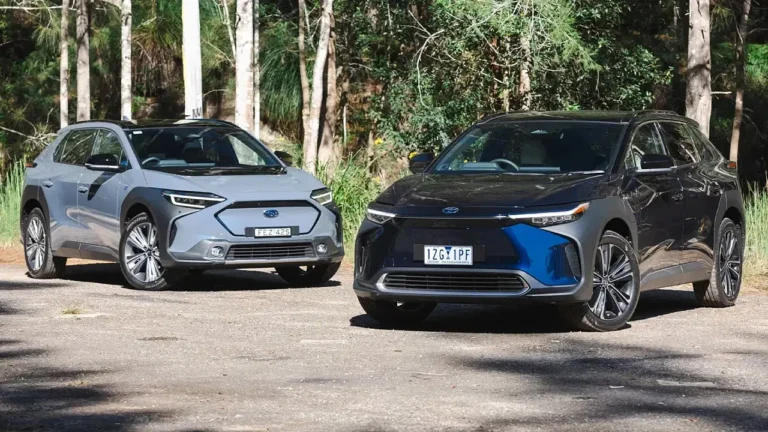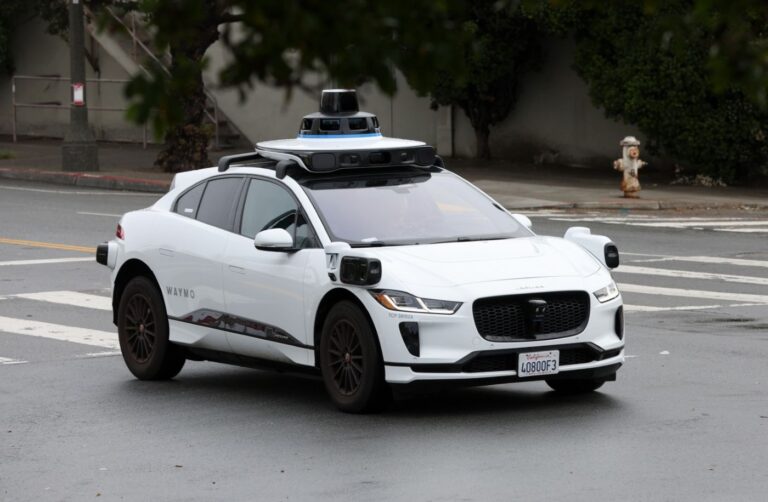The market share of diesel engines continues to decline. According to figures released by the European Automobile Manufacturers’ Association (ACEA), vehicles powered by diesel accounted for just 11.9% of total deliveries in the European Union last year. The percentage was even lower in the EU+EFTA+UK region, reaching only 10.4%. Despite this ongoing downward trend, BMW is not yet ready to set an expiration date for its diesel-powered models.
Frank Weber, BMW’s head of research and development, stated in an interview with Automotive News that there is still demand for diesel engines. Even in 2025, these powertrains remain popular enough to justify their continued presence in BMW’s lineup. He pointed out that nearly 80% of all X5 units sold in Europe come equipped with a diesel engine. While he acknowledged the significant decline in diesel demand over the past few years, he emphasized that it remains a viable option for European consumers.

BMW remains committed to its “Power of Choice” philosophy, offering a variety of powertrains to suit different needs. However, the reality is that diesel engines are likely to be phased out before gasoline-powered ones. Stricter emissions regulations have already compelled many manufacturers to discontinue diesel variants, contributing to their declining market share.
Despite this, BMW still offers diesel engines in models ranging from the compact 1 Series and X1 to the full-size 7 Series and X7. However, the company previously had an extreme quad-turbo 3.0-liter diesel engine, which was discontinued in 2020. The decision was driven by low demand and the high cost of modifying the B57D30S0 engine to comply with stringent emissions regulations.

There have been conflicting reports regarding the future of diesel engines once the Euro 7 standards take effect. However, Frank Weber’s latest remarks suggest that BMW will continue offering diesel-powered models in the foreseeable future. This aligns with the fact that the finalized Euro 7 regulations are expected to be less stringent than initially proposed. Nevertheless, it is likely that diesel’s market share will eventually shrink to a point where BMW will no longer see it as a viable investment.



